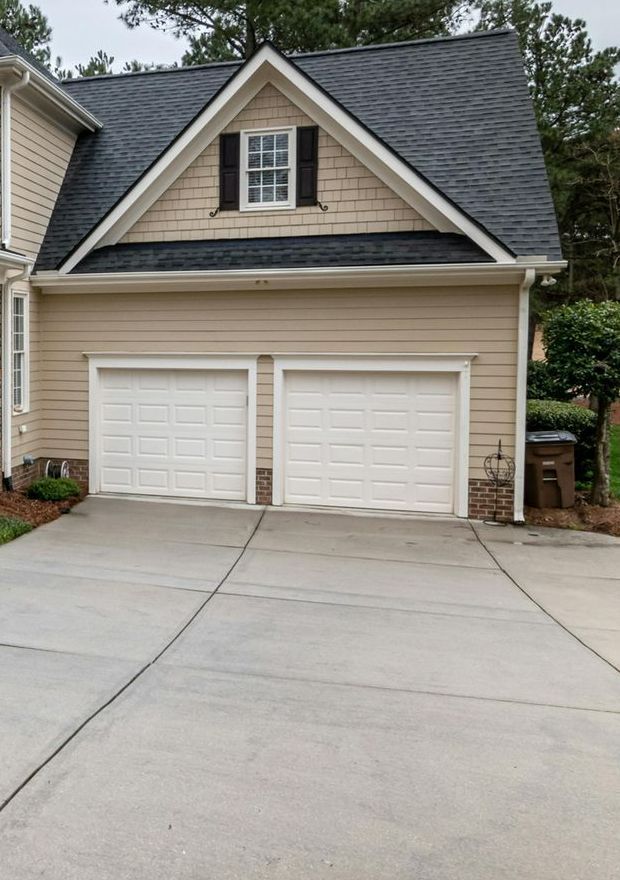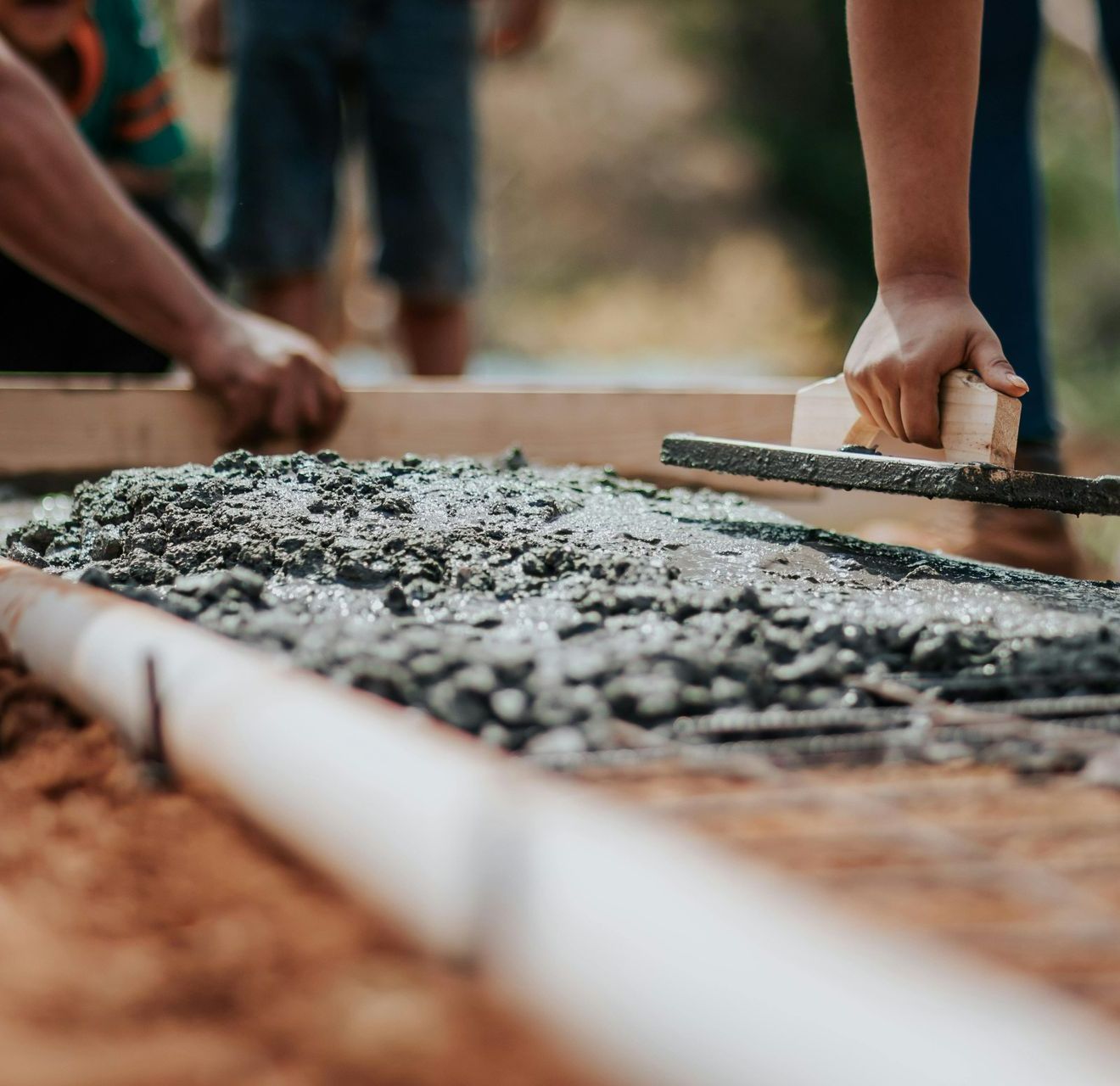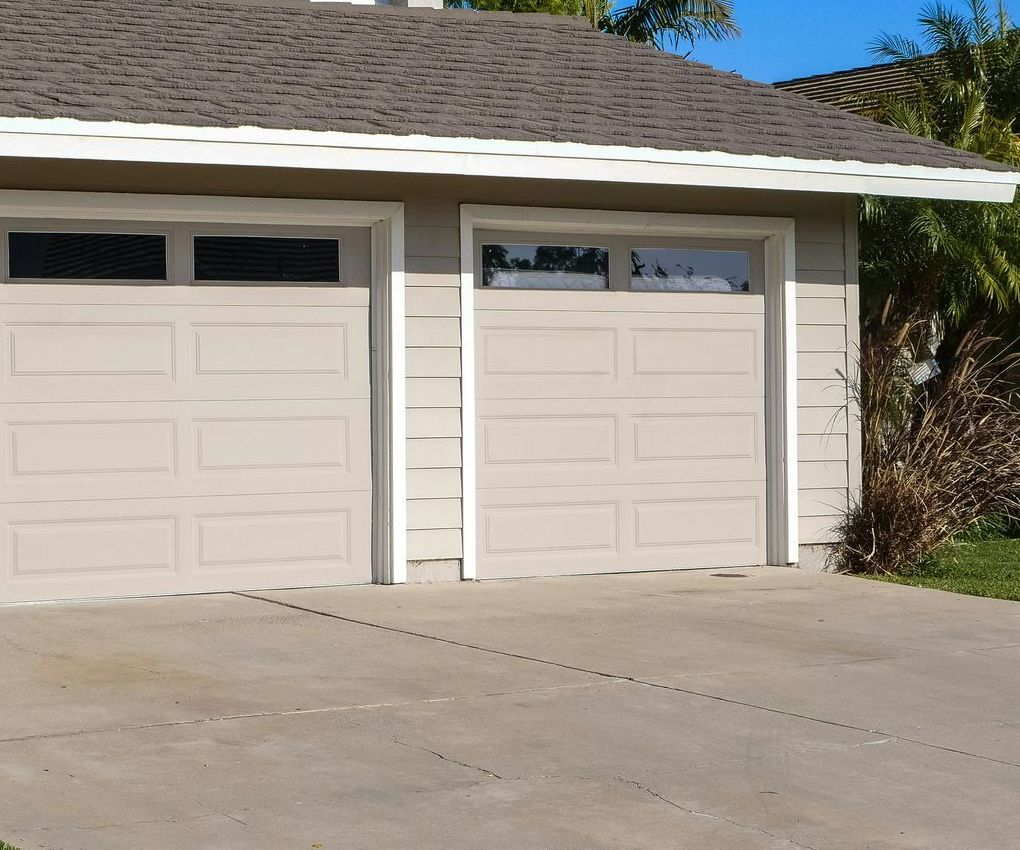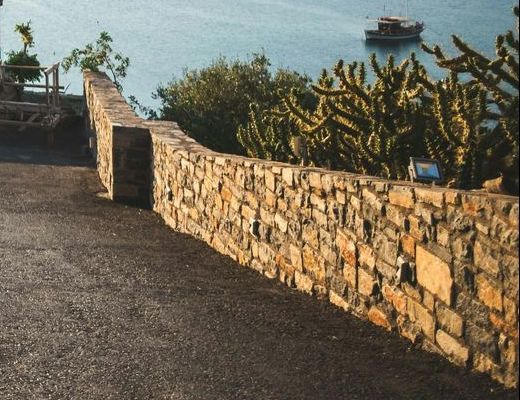Coloured Concrete Vs Plain Concrete: From Bold to Basic
This is a subtitle for your new post

Coloured concrete is a newer trend in the building industry, which has become more and more popular as people become more interested in making a statement in their homes. However, when you are deciding whether or not you want to have coloured concrete installed, there are some things you should consider.
Integral colours create subtle hues
Integral colours are a type of concrete colouring agent that produces subtle hues. These colours are produced in either liquid or powder form. They can be used to create the look of stone or wood. A variety of manufacturers produce these colouring agents.
Integral colour admixtures are chemically stable and can be used on any kind of new concrete. They are also weather-resistant and UV-resistant. Various manufacturers offer over 20 standard concrete colour additives.
Integral colour is typically mixed off-site before it is added to the concrete. This allows control over the amount of pigment applied. It is a less laborious alternative to other colouring methods.
Integral colours are ideal for creating consistent tones. They can blend in with most landscapes and architecture. The subtle tones of these colouring agents add interest to any concrete project.
Coloured concrete can be used in a wide range of applications, including floors, walls and exterior flatwork. Many contractors use these additives to give their work an even look.
Adding integral colour to concrete can cost more than plain concrete. However, the increased costs can be covered by the reduced labour required. For projects that are a high priority, the added costs may not be too much of a concern.
Some companies warn against using synthetic iron oxides instead of natural iron oxides. Natural iron oxides are still available, but the purified versions produce a more refined colour. Synthetic oxides remove the contaminants from naturally occurring pigments.
Integral colouring admixtures are also long-lasting and fade-resistant. In addition, they can change the consistency and workability of concrete. Because of these benefits, they are commonly used by stamped concrete contractors.
Dyes create a lighter, watercolor-esque effect
Concrete dyes are a new and improved colouring alternative to traditional stains. They offer a wide range of colours and a unique tint to your slab. However, you'll have to follow a specific application procedure.
There are two main types of concrete dyes, liquid and powder. The liquid version is typically applied with a pump sprayer. Alternatively, you can use an airless sprayer. Regardless of your method, you'll need a variety of protective gear.
Unlike stains, concrete dyes do not bond to your concrete. This means you'll be able to make it a part of your design by stencilling or stamping. You can also use a paint roller to achieve a more even result.
To make a dye a worthwhile investment, you'll need to educate yourself on the different brands and products available. If you're unsure of which product to purchase, ask for advice from a knowledgeable professional. Ideally, you'll want to choose a concrete dye that's UV-stable and waterproof.
The best thing about a concrete dye is the fact that you don't have to worry about your slab fading in the sun. They are a more eco-friendly alternative to traditional stains. Plus, they're a great way to add a touch of colour to a slab that's already been finished.
A concrete dye is also a good way to highlight a few of the features in your concrete. For example, you may want to paint the dimmer area with a more vibrant shade. It's possible to create a unique effect by blending in a few different shades.
In general, dyes are a better choice for indoor applications. While they don't hold up well in the sun, they do have some of the most vivid and unique colour options.
Stamped concrete mimics the look of stone
Stamped concrete is a durable, cost-effective material that can be used on a wide variety of surfaces. Whether you want to build a patio or driveway, this material is perfect for enhancing the look of your home.
Stamped concrete can mimic the look of brick, stone, tile, wood, and many other materials. There are several advantages and disadvantages to stamped concrete.
To get the most out of your stamping project, you should work with a contractor with experience. When choosing a contractor, look for one that uses rubber texturing skins, which give your concrete a natural look.
To give your stamped concrete a realistic look, add colour. This can be done with surface colouring or integral colouring. You can add colour to the concrete mix or spray it on after the stamps have been removed.
For an even more realistic look, you can use textured stamps. These imitate the subtle grain and highlights of real stone. Textured stamps can also be shaped to mimic the rounded corners of cobblestone.
A high-end custom project can include a variety of patterns. Most will include an inlay, border, and many colours. However, no two slabs will be the same.
Another advantage of stamped concrete is that it's very easy to install. Once you have the right mixture, you can apply the stamps on-site. Unlike other materials, there's no need to finish the joints or cut the concrete.
Stamped concrete can be installed on a patio or driveway, and can be shaped to match the design you have in mind. Concrete can also be hand-blended on-site to create a unique design.
Ease of installation
When it comes to installing coloured concrete, there are several things to consider. For one, you should choose the correct material. This is important because it will affect the final product in several ways. Besides, there are several different types of coloured concrete to consider. These include integrally coloured and stamped concrete. Aside from the type of material, you should also consider how you want the concrete to look. There are also several ways to keep moisture out of the mix, from using a plastic barrier and French drain to installing a waterproofing sealer. To determine which is best for your project, you will need to take into account your home's climate, your preferred style of design, and your budget.
Using coloured concrete to enhance the look of your home is a great idea. The material itself is easy to install and will last for years to come. However, it is not uncommon for the colour to fade or discolour over time. That is why it is so important to use a special waterproofing sealer. Another great way to maintain the colour is to prevent water migration with a moisture block.
Maintenance
Coloured concrete can be a beautiful addition to your home, but you have to be sure to keep it in good shape. There are a few things you can do to help keep it looking new. One is to use a high-pressure washer to clean the surface. This will remove dirt, stains, and other debris that could cause permanent marks.
Another thing you can do is apply a clear sealer to the concrete. This will help intensify the colour effects. It also helps to protect the surface from chemicals, water, and other substances. Sealers are not a substitute for proper cleaning, though. If the concrete looks stained or discoloured, you may need to have it restored. A contractor can do this for you.
Some contractors even offer maintenance programs to ensure the concrete stays in good shape. You can ask a contractor to recommend the best sealer for your concrete. The more care and maintenance you give your concrete, the longer it will last.
For coloured concrete, it is important to keep it clean and free of dust and other debris. Whether you use a high-pressure washer or a professional cleaning service, you need to take care of it regularly to maintain its look. Maintaining it properly will help you to avoid a permanent stain and keep the colour fresh. Keeping it clean will help prevent moss and other debris from settling on the surface. Moreover, keeping the concrete sealed will prevent its fading.
Keeping your coloured concrete in good shape can be easy. Take the time to do some research to find out the right products to use. If you follow expert advice, you can save yourself a lot of work in the long run.
We hope you enjoyed reading this blog post about coloured concrete vs plain concrete. We know that it can be difficult to choose the right look for your home or business, so we are happy to help you decide. If you would like to know more about coloured concrete vs plain concrete or would like to schedule a quote for your next project, please contact us today at
08 9567 0487. Thank you for reading, and have a nice day!
FREE INSTANT QUOTE!
**plus FREE bonus coupon**
Contact Us
You might also like


